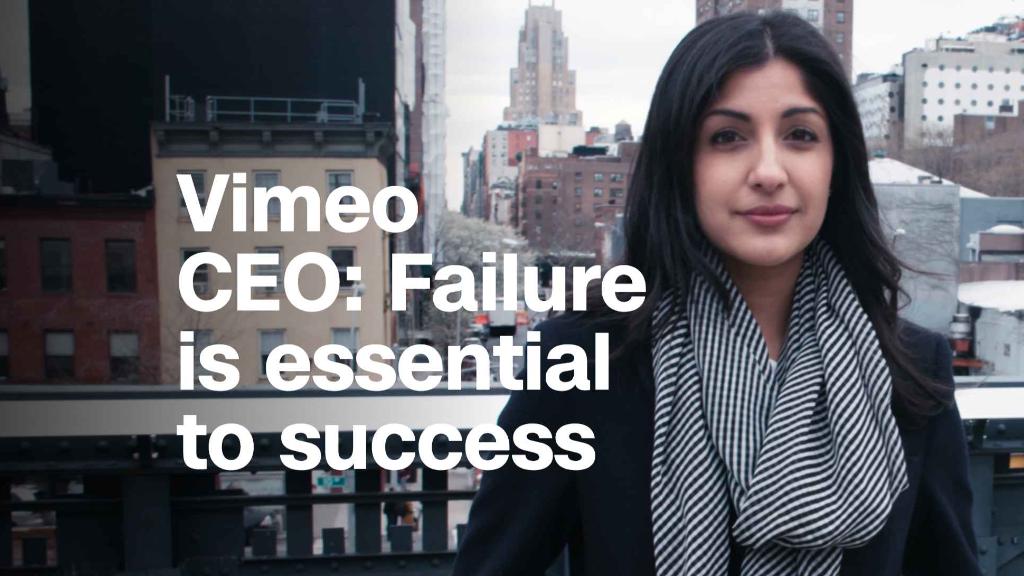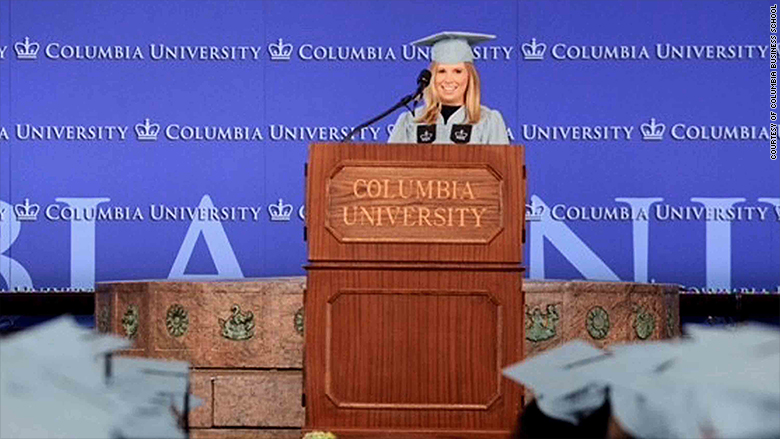
In the two years I was at Columbia Business School, I learned how to value a company down to the penny of its stock price and to forecast budgets years into the future.
But there were certain lessons that weren't on the syllabus that have proven to be even more invaluable.
Between the demanding professors, mandatory group work and baptism-by-fire experiences, business school taught me skills that will not only help me ace an interview, but also lead a better life. Here are five of the most important lessons I walked away with.
1. Time is the only constantly appreciating asset
You can make more money, but you can never make more time.
We studied some of the world's greatest business leaders and they all managed their time like a priceless commodity. That single skill meant the key difference between success and failure on many occasions for them. This skill does not require anything other than simple discipline. Spend your time on the things that truly matter and you will never waste this precious asset.
2. Be your own personal CEO
Most business schools have a class on how to lead from within. At Columbia, that class is called Personal Leadership and Success and it's nearly impossible to get into given the high demand from students. These classes teach you to be the CEO of your personal life — to handle negative, sidelining thoughts and feelings in a much more zen-like, productive fashion and then redirect that energy into solving a problem.
Related: How women over 50 can reinvent their careers
That's a tall order given the bottom-line focused, Type-A personalities in business school. But by listening to and learning from the intimate stories of challenges and adversity of fellow classmates, we discovered ways to better manage our own human natures and become our own personal bosses.

3. Diversify your personal portfolio with international investments
A running joke about business school students is that we spend two years traveling around the world instead of going to class --and well, it's kind of true. I was able to travel to 10 countries during my time at Columbia. Whether I was in the Middle East, Europe or South America, I always noticed the many ways we humans are so similar. We laugh at the same kinds of jokes, we marvel at the same kinds of experiences and we generally want the same goals out of life: to have a happy, healthy family and to leave the earth better for our time here.
Just like us, you should have a passport and use it often. Investing in the chance to meet new people and experience new places is one of the greatest down payments on future happiness you can ever make.
4. Personal integrity is priceless
In school, our grades depended on the success of the entire team: If someone didn't show up, we all failed.
Your strength of character will set you apart as a leader, not only personally but professionally. Have a set of beliefs, values and standards and uphold them. And put a system in place to hold yourself personally accountable for your actions.
Related: Sheryl Sandberg tells MIT grads about 'painful' Facebook lessons
If you see something wrong, stop it. Fix it. Just do it. If you don't, someone else will have to do it. Shut down the bully. Kill petty gossip and undermining lies with truth and integrity. Give your seat to someone with special needs. Don't equivocate here.
There are gray areas in life, of course, but not many. The clearer you are about your values, your decision making process will become much easier and your standards will become much higher.
5. Kindness is recorded on the credit side of the balance sheet
Kindness is not a weakness. In fact, it is a great strength. It is the human currency that is accepted everywhere with no exchange rate, no transfer fee and no language barrier.
Talk to any business school graduate and they will tell you the lessons they remember most clearly weren't the ones about the valuation models, but on how to manage people. Leaders who are compassionate and empathetic are the ones who last. They know that kindness is always an advantage. Think of it as a skill, a diplomatic tactic and sometimes it is the best weapon during intense negotiations.
Be the best person in the room and no matter what happens, you will win. Let others lie, cheat and steal. Whatever gains they are able to accumulate are fleeting. You will sleep better and feel better if you are kind first, last and always.
Carolyn Disbrow is the senior director for brand marketing at CNN in New York. She recently received her Master of Business Administration from Columbia Business School.
